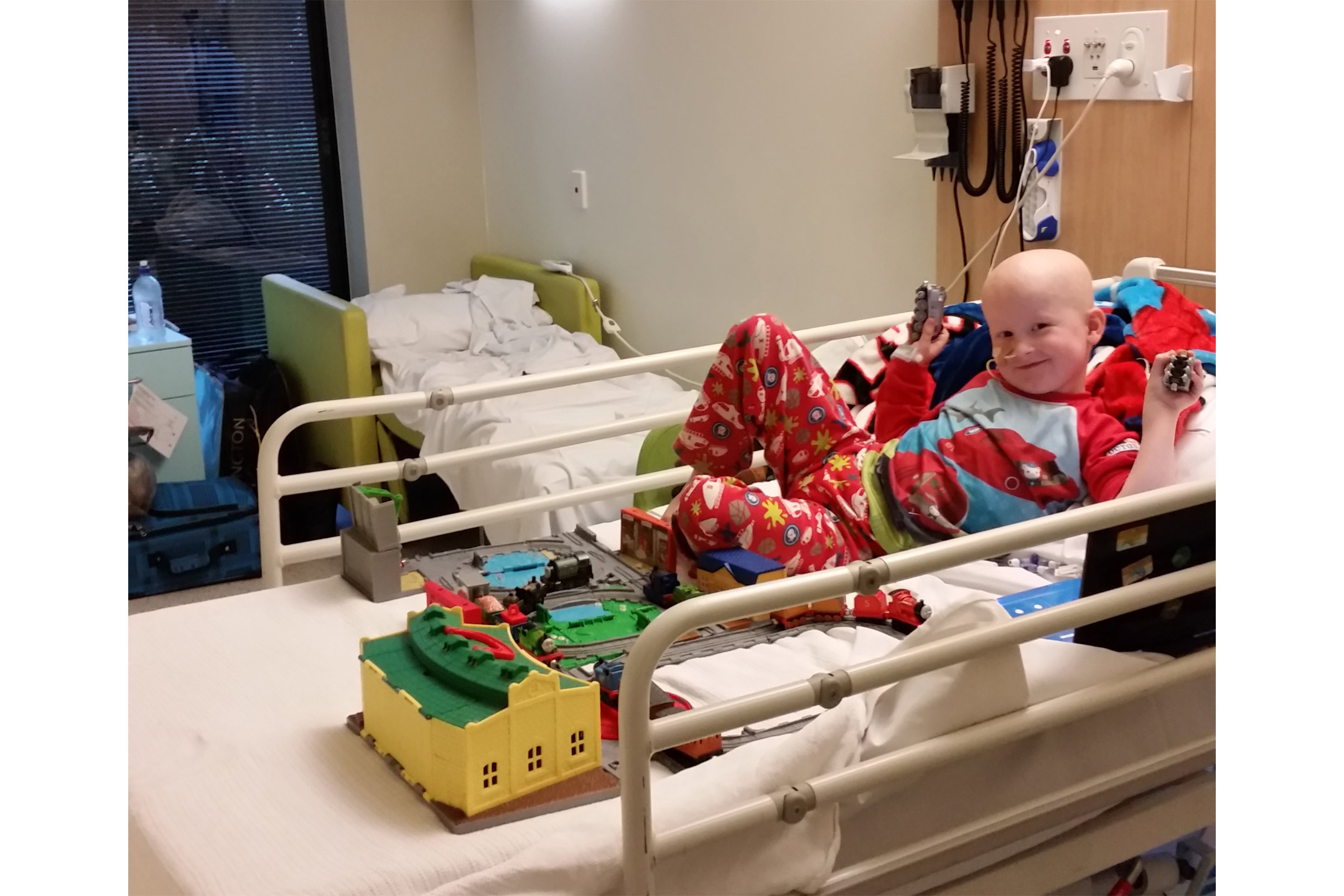
15 May Advanced immunotherapy treatment may hold promise for children with brain cancer
Researchers at Walter and Eliza Hall Institute of Medical Research led by Associate Professor Misty Jenkins, Laboratory Head at WEHI and The Brain Cancer Centre, have discovered a new treatment that shows promise in fighting a rare and aggressive type of brain tumour that affects children aged five to seven years old. This type of tumour, called Diffuse Intrinsic Pontine Glioma (DIPG), is fast-growing and often cannot be removed through surgery.
Sadly, children diagnosed with DIPG are unlikely to survive for more than a year.
However, there is now hope for children with DIPG. Scientists have developed an innovative immunotherapy treatment called CAR T therapy that may help fight this devastating condition. This treatment involves taking a patient’s immune cells, engineering them to become “super killer cells,” and then returning them to the patient to fight their cancer.
The good news is that CAR T therapy has been shown to be effective in preclinical models. The genetically-modified white blood cells can enter the brain and reduce the tumour burden without harming healthy brain tissue. Furthermore, these cells act as a “living drug” that can help the patient’s body remember the anti-tumour response, which may be helpful if the tumour ever returns.
The research team found that CAR T therapy was successful in targeting DIPG tumours by recognizing a cancer-specific protein called HER2. The treatment was effective in eliminating DIPG tumours in preclinical models.
“CAR T cells offer a possibility of cure, with no long-term side-effects. These genetically-modified white blood cells act as a ‘living drug,’ which means the patient will retain a living memory in their body of the anti-tumour response that may also work to kill the tumour again if it ever returns.” says Associate Professor Misty Jenkins .
While the treatment is not yet widely available, it has been shown to be safe for children and is expected to be included in future clinical trials. The hope is that CAR T therapy will eventually be used in combination with other drugs to treat DIPG and provide better treatment options for children diagnosed with this rare and aggressive type of brain tumour.

